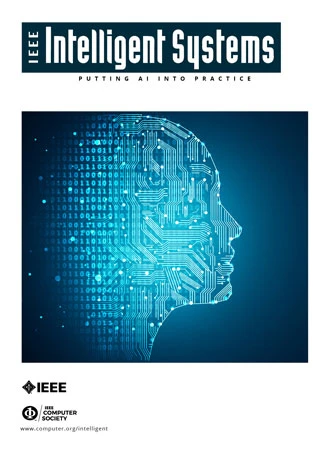An Operational Framework for Guiding Human Evaluation in Explainable and Trustworthy Artificial Intelligence
IF 6.1
3区 计算机科学
Q1 COMPUTER SCIENCE, ARTIFICIAL INTELLIGENCE
引用次数: 0
Abstract
The assessment of explanations by humans presents a significant challenge within the context of explainable and trustworthy artificial intelligence. This is attributed not only to the absence of universal metrics and standardized evaluation methods but also to the complexities tied to devising user studies that assess the perceived human comprehensibility of these explanations. To address this gap, we introduce a survey-based methodology for guiding the human evaluation of explanations. This approach amalgamates leading practices from existing literature and is implemented as an operational framework. This framework assists researchers throughout the evaluation process, encompassing hypothesis formulation, online user study implementation and deployment, and analysis and interpretation of collected data. The application of this framework is exemplified through two practical user studies.在可解释和可信赖的人工智能中指导人类评估的操作框架
在可解释和可信赖的人工智能领域,人类对解释的评估是一项重大挑战。这不仅是因为缺乏通用的衡量标准和标准化的评估方法,还因为设计用户研究来评估这些解释的人类可感知可理解性非常复杂。为了弥补这一不足,我们引入了一种基于调查的方法来指导人类对解释的评估。这种方法综合了现有文献中的领先实践,并作为一个操作框架加以实施。该框架在整个评估过程中为研究人员提供帮助,包括假设的提出、在线用户研究的实施和部署,以及对所收集数据的分析和解释。本框架的应用通过两项实用的用户研究得到了体现。
本文章由计算机程序翻译,如有差异,请以英文原文为准。
求助全文
约1分钟内获得全文
求助全文
来源期刊

IEEE Intelligent Systems
工程技术-工程:电子与电气
CiteScore
13.80
自引率
3.10%
发文量
122
审稿时长
1 months
期刊介绍:
IEEE Intelligent Systems serves users, managers, developers, researchers, and purchasers who are interested in intelligent systems and artificial intelligence, with particular emphasis on applications. Typically they are degreed professionals, with backgrounds in engineering, hard science, or business. The publication emphasizes current practice and experience, together with promising new ideas that are likely to be used in the near future. Sample topic areas for feature articles include knowledge-based systems, intelligent software agents, natural-language processing, technologies for knowledge management, machine learning, data mining, adaptive and intelligent robotics, knowledge-intensive processing on the Web, and social issues relevant to intelligent systems. Also encouraged are application features, covering practice at one or more companies or laboratories; full-length product stories (which require refereeing by at least three reviewers); tutorials; surveys; and case studies. Often issues are theme-based and collect articles around a contemporary topic under the auspices of a Guest Editor working with the EIC.
 求助内容:
求助内容: 应助结果提醒方式:
应助结果提醒方式:


